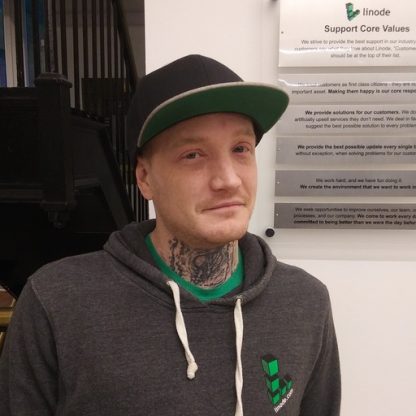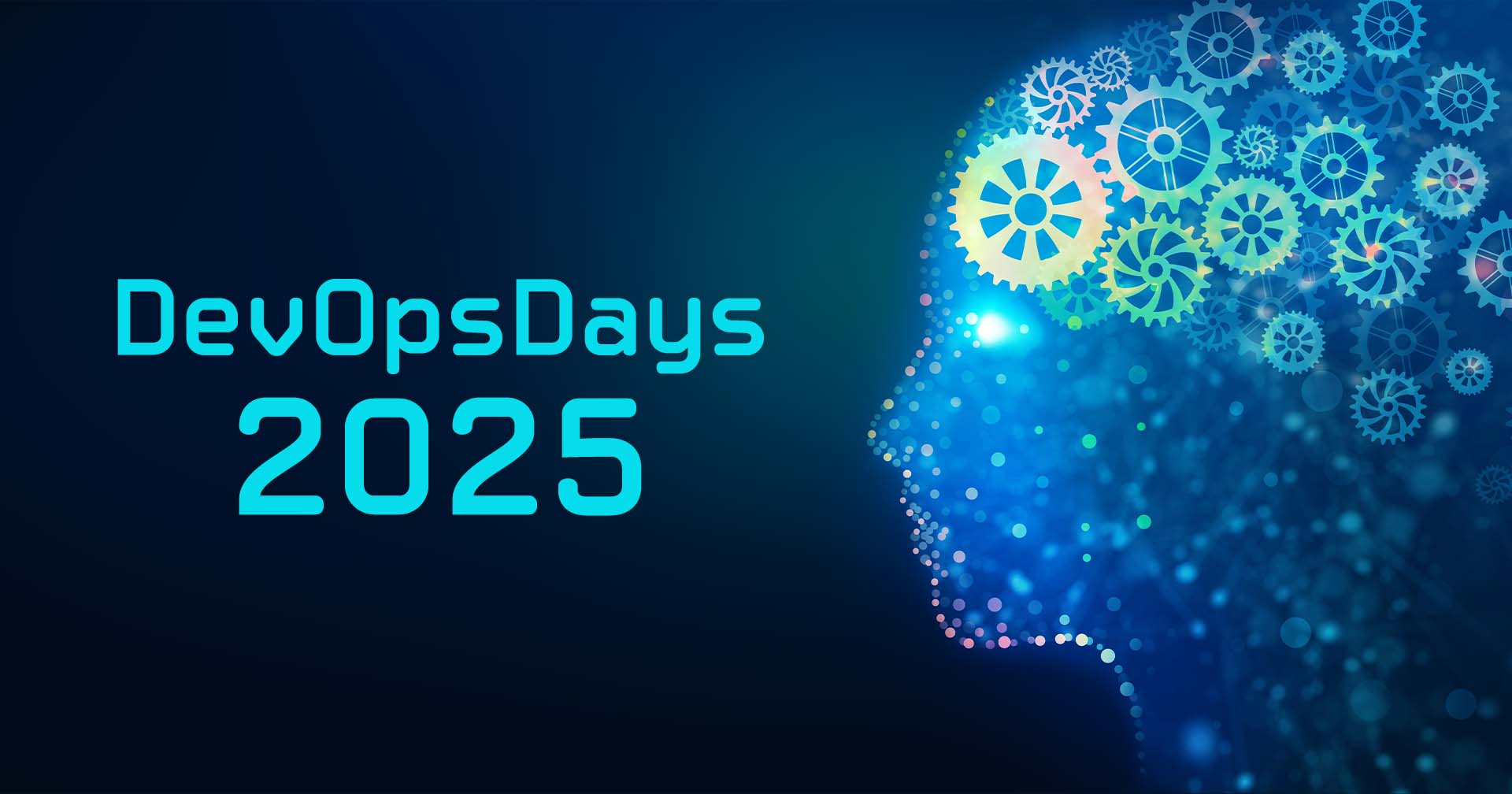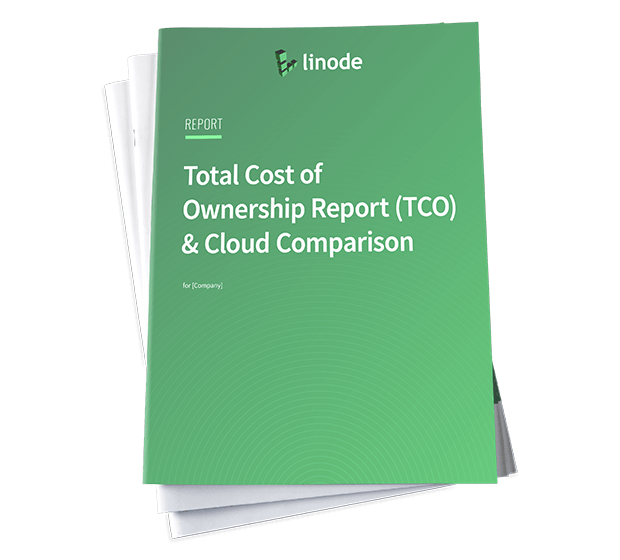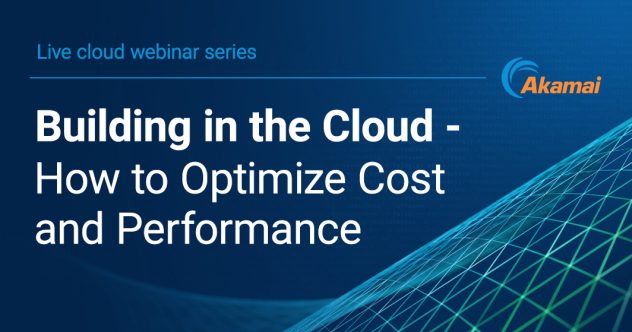I’m excited to be at the upcoming DevOpsDays conferences this year, and I love the staple they represent.
In the beginning, there was DevOps. What do I mean by that? I mean that ever since the first DevOpsDays conference in 2009, this grassroots movement has carried the torch through the modern practices of today. From the rise of GitOps and Infrastructure as Code (IaC) to the emergence of Site Reliability Engineering (SRE) and the cloud native paradigm, DevOpsDays has been at the forefront of shaping the culture that defines how organizations build, deploy, and operate software at scale.
The story of DevOps began with the need to bridge the gap between development and operations teams. Both these teams focused on what they did best, but without a shared responsibility or feedback loop. They were “operating in silos” as the saying goes. This separation often led to friction, delays, and inefficiencies, making it difficult for businesses to keep up with the increasing demand for faster software delivery.
The term “DevOps” was first popularized by Patrick Debois, not surprisingly, the organizer of the first DevOpsDays conference in Ghent, Belgium in 2009. The conference brought together developers, system administrators, and IT professionals to discuss ways to improve collaboration, streamline workflows, and ultimately deliver better software. The event ignited a movement that has since grown into an essential discipline within software engineering.
What was it about DevOps that made it endure and evolve? The answer is simple: continuity. The essence of DevOps lies in establishing a continuous feedback loop that integrates development and operations, enabling organizations to deliver software more reliably and efficiently.
This feedback loop is more than just automation, it’s a structured approach to collaboration. With collaboration comes inclusivity, and inclusivity fosters strong communities. The DevOps community thrives on shared learning, knowledge exchange, and a commitment to improving the way software is built and deployed. This foundation has paved the way for modern methodologies like GitOps and infrastructure as code (IaC), site reliability engineering (SRE), platform engineering, and the loosely coupled ball of joy we know as cloud native!
Why DevOpsDays Still Matters Today
Unlike commercial developer conferences that can feel like sales pitches, DevOpsDays stays true to its roots as a community-driven event. It provides a stage for real-world stories, practical lessons, and open discussions on the challenges and successes of DevOps practices.
The spirit of DevOpsDays aligns with the fundamental question: What does it mean to be a developer conference?
Is it simply a conference that developers attend, or an event run by developers for developers? The community-driven nature of DevOpsDays ensures that it remains focused on meaningful discussions, rather than corporate agendas. That’s a big reason why I’m excited to be a part of it.
Come chat with me at DevOpsDays in Los Angeles and Chicago. I’m looking forward to discussing what DevOps means to you and how we can continue pushing the industry forward.
Register for DevOpsDays 2025 and I’ll see you there!










Comments